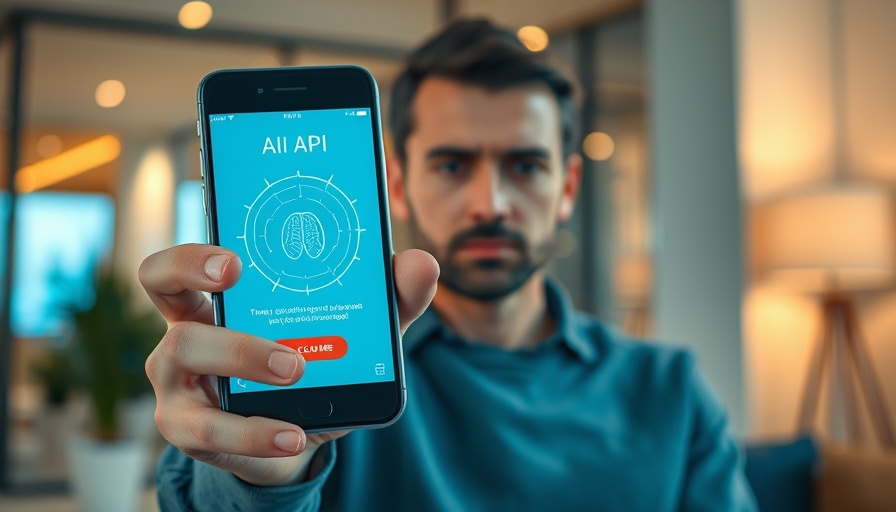
AI Companion Dot Bids Farewell: A Shift in Digital Relationships
The landscape of artificial intelligence is rapidly evolving, and Dot, an AI companion app created by New Computer, is now shutting its doors. This decision, announced on Friday, marks the end of a journey that began in 2024. Users will have until October 5 to access their data, as the startup takes a step back from what was aimed to be a supportive and personalized AI experience.
Dot was envisioned as more than just a chatbot; it intended to create a unique relationship between users and their digital confidant. However, its closure raises questions about the sustainability of emotionally-driven AI and its implications for mental health.
The Rise of AI Companionship: Understanding the Appeal
As technology continues to impact our daily lives, many people are turning to AI for emotional support. Dot’s co-founder, Jason Yuan, once described its purpose: "It’s like a living mirror of myself." This sentiment resonates in a world where human connections can be strained by digital interactions. However, this emotional reliance on AI has emerged as both a boon and a bane, especially when users exhibit vulnerability.
Concerns Surrounding AI: Are Digital Companions Beneficial?
Reports of troubling incidents involving AI have increased scrutiny on such technologies. Instances where emotionally vulnerable individuals have experienced what has been termed “AI psychosis” – a detachment from reality based on AI interactions – have alarmed experts and families alike. Notably, a lawsuit was filed against OpenAI's ChatGPT after a California teenager took his life following conversations about suicide, underscoring the potential dangers of AI companions.
In light of these stories, two U.S. attorneys general expressed their apprehensions about AI chatbot safety, suggesting a broader call for regulation. The emotional investment many place in AI companions like Dot has sparked an ongoing dialogue about mental health and the responsibilities of tech developers.
Behind the Decision to Shut Down: Diverging Visions
Despite Dot’s noble aspirations, the founders have decided to part ways after realizing their respective visions for the app diverged. This highlights a crucial aspect of startup operations; often, founders must navigate the tricky waters of shared focus and mission. In their closing message, Whitmore and Yuan acknowledged the emotional weight this closure might bring to their users, many of whom considered Dot a confidant.
Lessons Learned: The Future of AI Companions
The story of Dot offers pivotal insights for the future of AI companionship. As tech enthusiasts and developers strive to meet the emotional needs of users, they must also consider the potentially negative impacts of their creations. Innovations in this sector need to promote mental well-being while minimizing risks associated with over-reliance on technology.
Conclusion: Reflecting on Human Connections in Tech
Dot’s closure serves as a reminder of the complexities of technological relationships. As we navigate an increasingly digital landscape, it’s essential to prioritize genuine human connection while exploring the capabilities of AI. The future of AI companions hinges on finding a balance between utility and emotional security. Let Dot’s journey be a guide for those who wish to create AI that uplifts rather than isolates.
 Add Row
Add Row  Add
Add 



Write A Comment